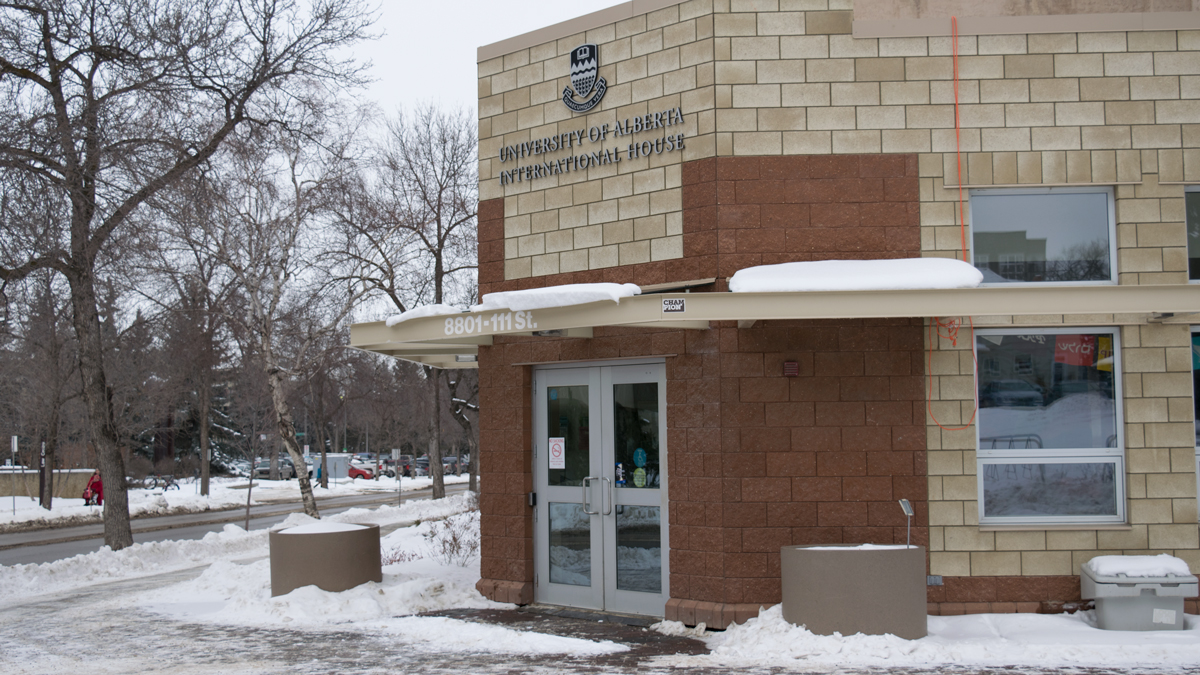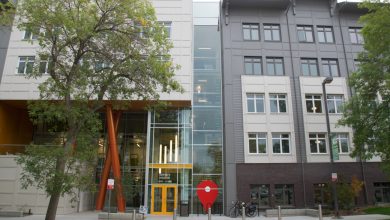 Alexander Cook
Alexander CookIt’s become increasingly clear that the University of Alberta is greatly concerned with revenue and rankings. So it should come as no surprise that a new administrative position has little consideration for students’ education and wellbeing. On June 14, the U of A Board of Governors (BoG) approved the creation of a new vice-president portfolio. But the vice-president (international and enterprise) (VPIE) is simply about money and rankings, not students.
VPIE will deal with international relationships, including international enrolment and partnerships. In theory, finding more revenue through international partnerships could mean less dependency on tuition revenue. Less dependency on tuition could mean an end to the annual increases.
But it doesn’t — at least not for international students. This new portfolio overlooks the concerns of international students in the interest of revenue and reputation. The university needs to see international students as students, not just a path to more revenue and better rankings.
While presenting the proposal for VPIE and answering questions, Bill Flanagan, president and vice-chancellor, talked about international students as a source of revenue. Not as people trying to pursue their education and possibly their careers in Alberta.
As it is now, international students face higher tuition fees than domestic students. On average, their tuition is four times higher than a domestic student’s. Although increases to domestic student tuition are capped at 2 per cent, the university can increase international student tuition as it pleases.
But raising international student tuition isn’t enough for the university. Per the proposal, the U of A will also increase international student enrolment to increase revenue. VPIE will be responsible for making this happen. The university isn’t looking to make the lives of international students better with this new role. It’s looking to increase its revenue at their expense.
In the proposal for the VPIE portfolio, the estimated revenue from the increased number of international students assumes their tuition will increase by 5 per cent every year. Based on this assumption, international student tuition will continue to increase, but it’s unclear if there’ll be adequate supports in place for international students.
Aside from tuition costs, there’s plenty of other concerns about international students too. Among those concerns is the cost-of-living and access to safe housing. These are barely addressed, if addressed at all, in the VPIE portfolio.
Flanagan briefly mentioned the concerns about housing at the BoG meeting. He said residence is currently at a 75 per cent capacity rate, which leaves plenty of room for more students. Additionally, by Flanagan’s assessment, Edmonton isn’t facing the same housing costs and stressors as other major cities in Canada.
But Alberta has seen some of the highest year-over-year increases to rental costs in the country. And extremely low vacancy rates, which means that as the price of rentals increase, there’s even less options to choose from. Edmonton’s lower prices may be more attractive to prospective international students, but at the current rate, those low prices won’t be so low for very long.
And as Edmonton sees an increase in newcomers to the city, there’s concerns that this will only worsen the housing situation. But Flanagan brushed these concerns aside and the VPIE portfolio seems to have little to no consideration of this.
International students shouldn’t be the university’s way to better rankings and higher revenue. They’re students, just like any other, that are pursuing higher education. The VPIE portfolio should take that into greater consideration. It should look out for international students, not see them as dollar signs.




